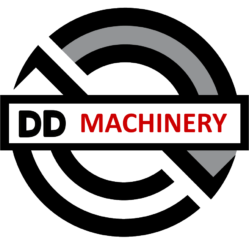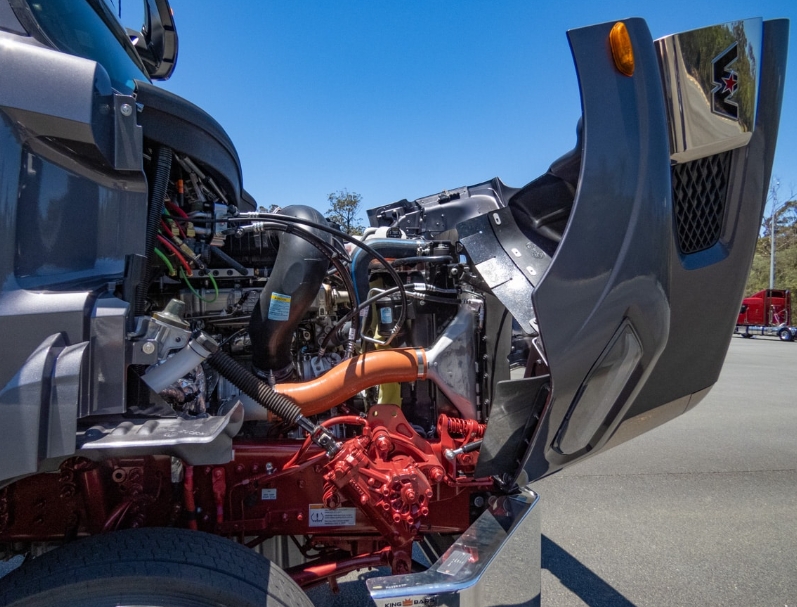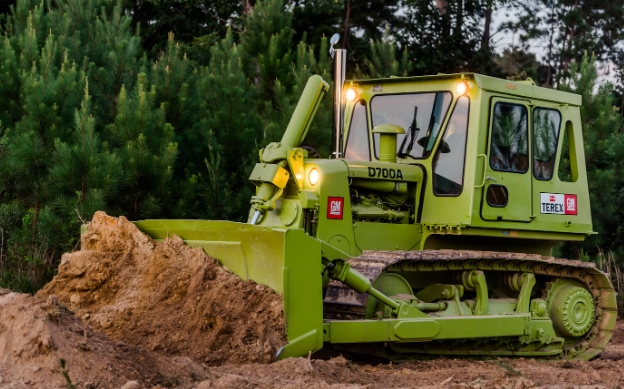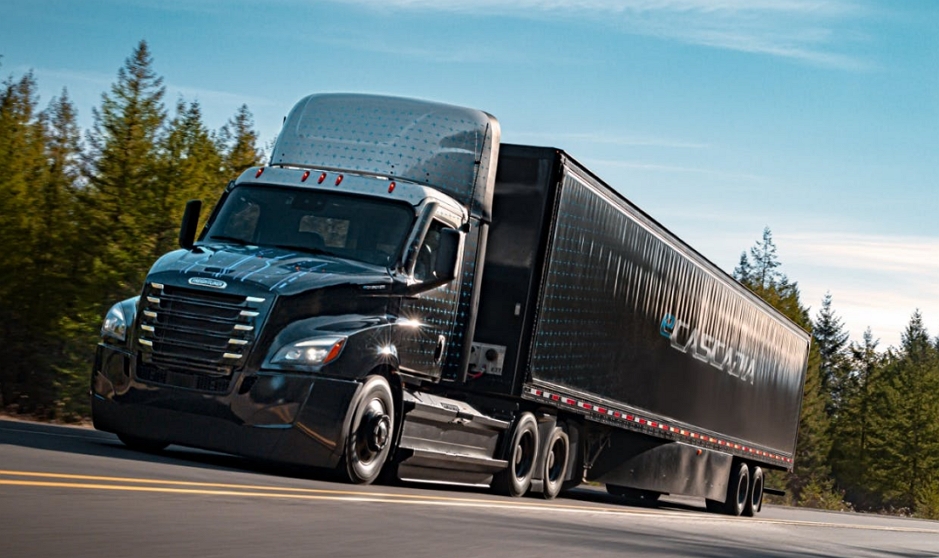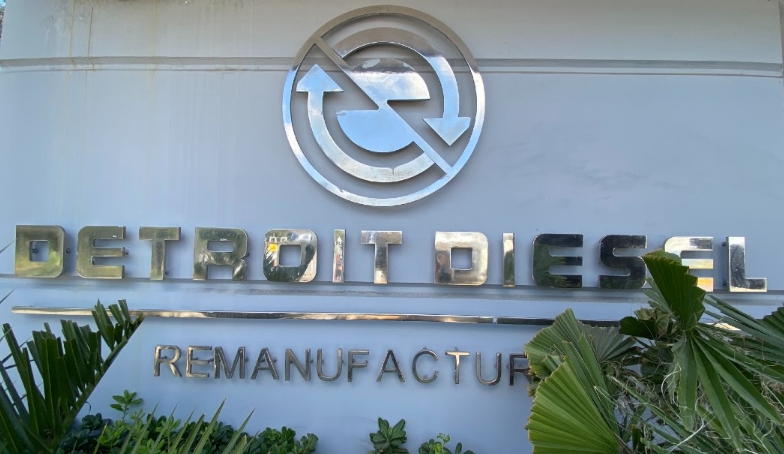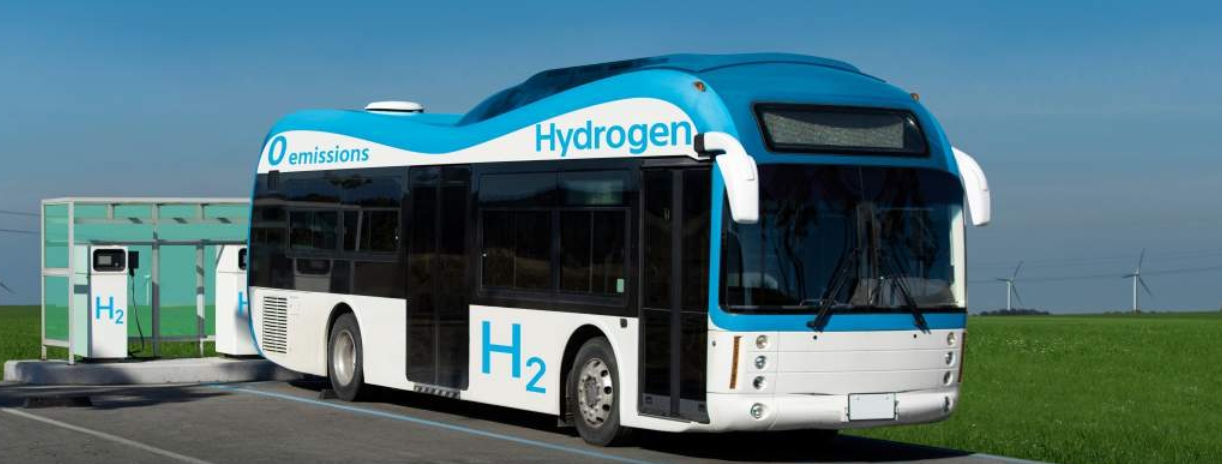
The news flow at Ballard Power (WKN:A0RENB) is picking up speed: today the hydrogen player reports a potential major order from Germany. In the coming year, the company will deliver fuel cell modules for seven passenger trains in the Berlin-Brandenburg region. Orders for up to 100 more trains could follow in the next six years. Is this the starting signal for the operational turnaround for the Canadians?
Ballard Power Systems based in Burnaby near Vancouver, Canada is a manufacturer of fuel cells. The company presented its first hydrogen-powered bus more than 30 years ago, and the first products were ready for the market at the beginning of the millennium. The hydrogen specialist is now also working on H2 drives for forklifts, trucks, trains and ships. The market value of the company is currently just under US$ 2.2 billion.
Ballard modules soon on trains in the Berlin-Brandenburg region
The operative turnaround conjured up by the Ballard management seems to be gradually getting underway. As the Canadians announced late Thursday, the company has received a potentially large order from Germany.
The local transport operator Siemens Mobility has ordered 14 200-kilowatt fuel cell modules from the hydrogen specialist to power seven passenger trains in the Berlin-Brandenburg region. Deliveries are scheduled to begin in 2023, allowing the new fleet to be operational by the end of 2024. The value of the order was not mentioned in the announcement.
In addition, the two parties have signed a letter of intent for the delivery of 200 additional fuel cell modules with a total output of 40 megawatts over the next six years. Half of this is already subject to a firm commitment, it said.
David Mucciacciaro, Ballard’s Chief Commercial Officer, comments:
This is an important milestone for our multi-year collaboration with Siemens Mobility and the future of zero-emission local transport in Europe. Our fuel cell technology is an ideal solution to meet the needs of the Siemens Mobility passenger train fleet in terms of high payload, long range and fast refueling. We look forward to further cooperation and are excited about the opportunity to support the first hydrogen-powered rail network in Berlin and Brandenburg.
For now only pilot projects
For Ballard Power, it was literally the highest railroad for such an order. The company’s book-to-bill ratio has fallen below 0.6 from about 1.3 in the first quarter. The total order backlog also fell compared to the previous quarter by about a tenth to US$ 91 million.
With its Q2 figures, the fuel cell producer once again clearly missed the consensus estimates in terms of sales and earnings. To make matters worse, quarterly cash burn hit a new high of US$65 million.
The Canadians had thus recently returned to what they were for most of their existence: a supplier of tailor-made fuel cell systems for all kinds of pilot projects. The main reason for this is the lack of clarity about the new subsidy rules in China. As a result, the company’s joint venture with engine builder Weichai Power slumped in sales by almost 80% to less than US$ 1 million.
Are cash reserves melting faster than expected?
After all, shareholders do not have to worry about capital increases that could dilute their property for the time being. With around US$ 1 billion in cash and equivalents, the hydrogen player has sufficient liquidity to finance the business at this rate for up to five more years.
However, that period could be shortened to 3-4 years as Ballard, like the industry as a whole, is particularly hard hit by rising operating and commodity spending due to current inflationary pressures. Also, unlike US rival Plug Power, the company is unlikely to be a major beneficiary of the White House Inflation Reduction Act.
Conclusion: Investors still need patience
Even if the potential large order from Germany is a good step in the right direction, Ballard’s short- and medium-term prospects still seem weaker to me than many a hydrogen enthusiast would like.
From my point of view, the Canadian H2 player is still not worth a serious investment. However, those who are already invested can sit back and wait for a possible hydrogen super cycle in the coming year due to the high level of cash on hand.
